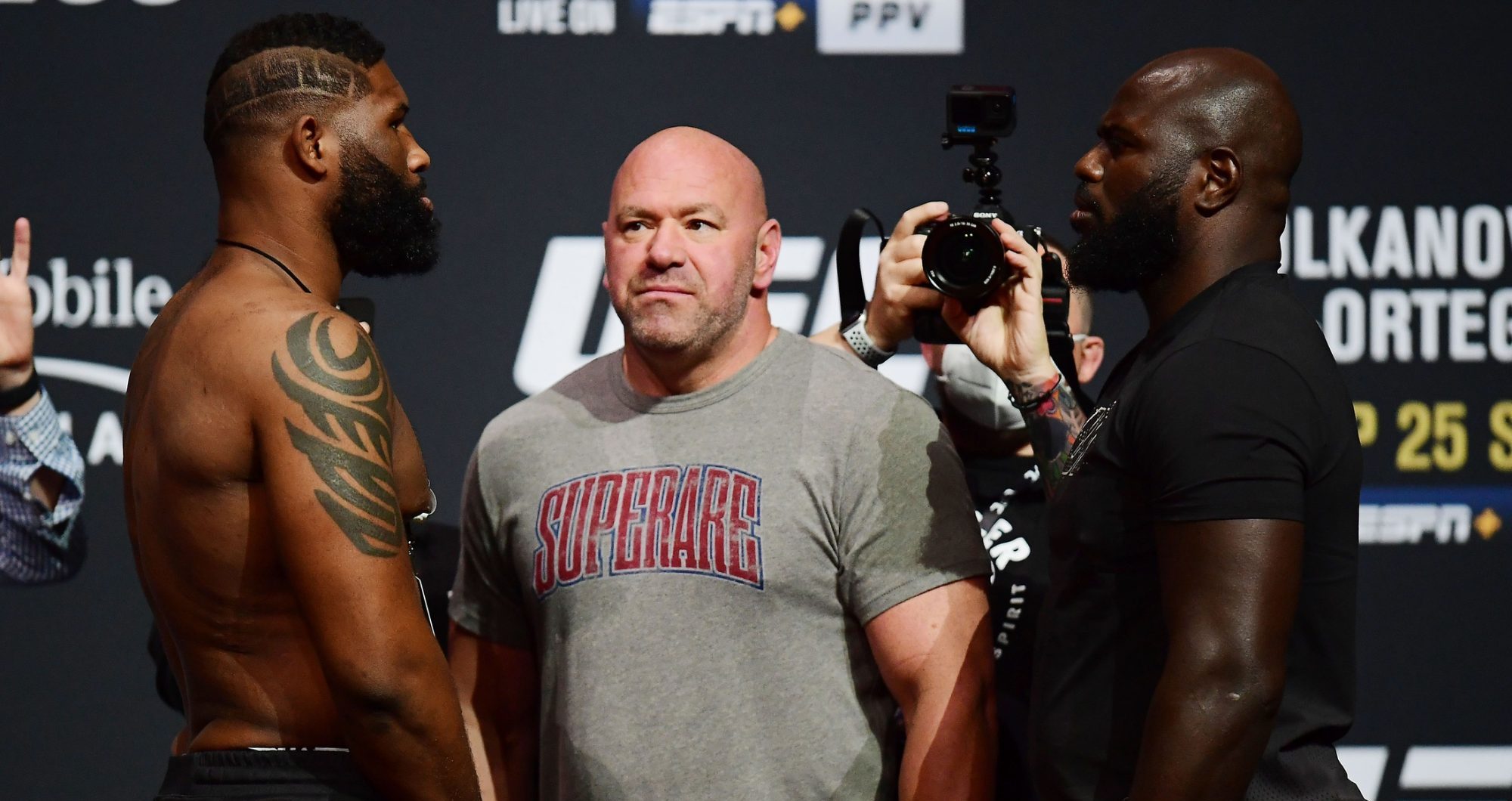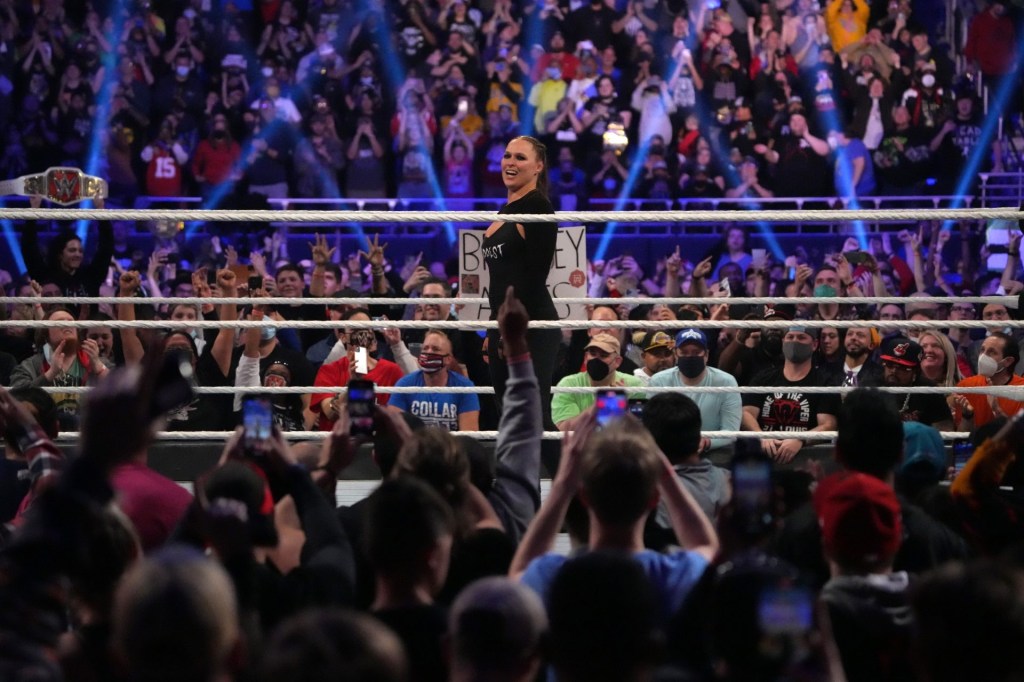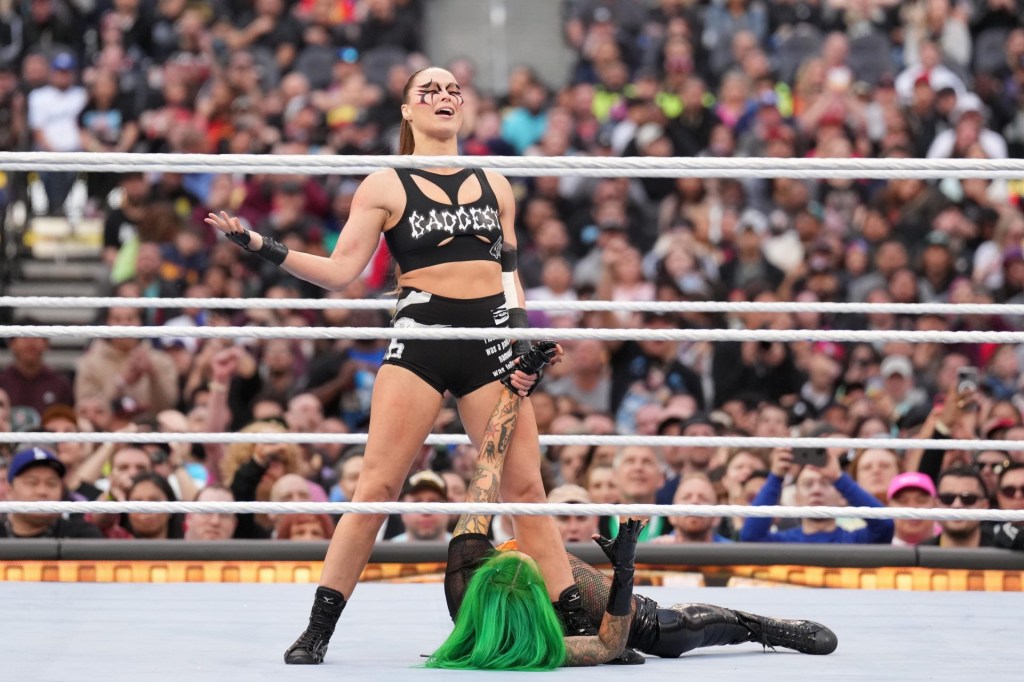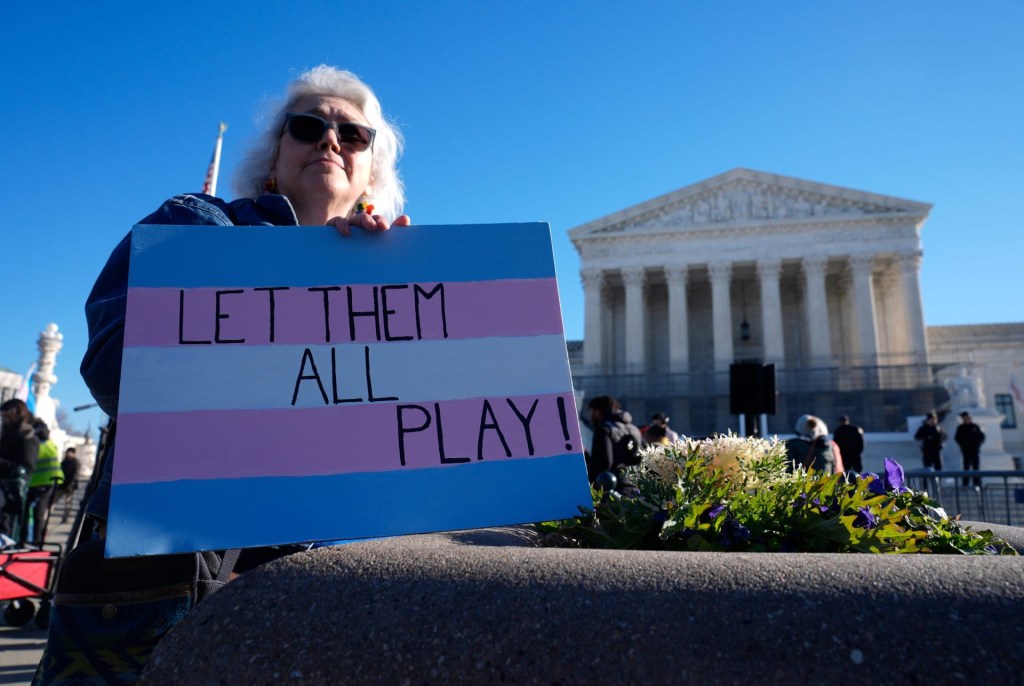Nearly nine years after the lawsuit was initially filed against UFC, a federal judge granted certification of the antitrust case that covers more than 2,000 current and former fighters.
U.S. District Court Judge Richard Franklin Boulware II wrote in the 80-page order Wednesday that lawyers for the plaintiffs “established” allegations of anticompetitive conduct by the UFC — which artificially kept fighter pay low — sufficiently to allow the class-action case to proceed.
“We are extremely gratified that the court issued this opinion,” Eric L. Cramer, one of the plaintiffs’ attorneys, told Front Office Sports. “This is not the end of the fight.”
UFC vowed to appeal the decision in a statement.
“This is just one step in a long legal process, and we are confident that the court will ultimately recognize that the claims outlined in this lawsuit are legally and factually meritless,” said William A. Isaacson, UFC’s lead counsel in the case and partner at the firm Paul Weiss. “UFC’s own continued growth accompanied by the growth of other established MMA promoters and the prevalence of successful new market entrants all demonstrate the existence of a healthy and competitive MMA market which benefits athletes, promoters, and fans alike.”
The ruling covers fighters who competed in UFC events from December 2010 through June 2017. Boulware rejected the second class covering the usage of name, image, and likeness of fighters over the same period.
“[The plaintiffs] are thrilled and excited,” said Cramer, a partner at Berger Montague. “They’re resolved to continue the fight. They brought this case in December 2014. Some of the fighters have been working on this their whole professional lives on this. They are eager to move forward and prove their case.”
Boulware wrote that the plaintiffs were able to establish allegations of UFC’s alleged anticompetitive conduct that included:
- Enforcing contracts that kept fighters “locked up” in an “anti-competitive manner.”
- Making “extracontractual methods” that basically made fighter contracts “perpetual.”
- UFC’s acquisition of competing leagues — some of which were shut down — to maintain dominance.
Cung Le, the case’s lead plaintiff, fought in Strikeforce, one of the leagues purchased and later folded into UFC. Strikeforce was shuttered in January 2012 — less than a year after UFC acquired the MMA organization — and Le fought for the fourth and final time under the UFC banner in August 2014.
“Our case challenges the UFC’s alleged abuses of market power to suppress fighter pay,” lawyers for the plaintiffs said in a statement. “We allege that because of its monopoly and monopoly abuses, the UFC pays its fighters only 20% of its event revenues when boxing and other major sports pay well above 50%. The men and women of the UFC who put their lives on the line for their sport deserve better, and we intend to achieve justice on their behalf.”





![[Subscription Customers Only] Jul 13, 2025; East Rutherford, New Jersey, USA; Chelsea FC midfielder Cole Palmer (10) celebrates winning the final of the 2025 FIFA Club World Cup at MetLife Stadium](https://frontofficesports.com/wp-content/uploads/2026/02/USATSI_26636703-scaled-e1770932227605.jpg?quality=100&w=1024)











